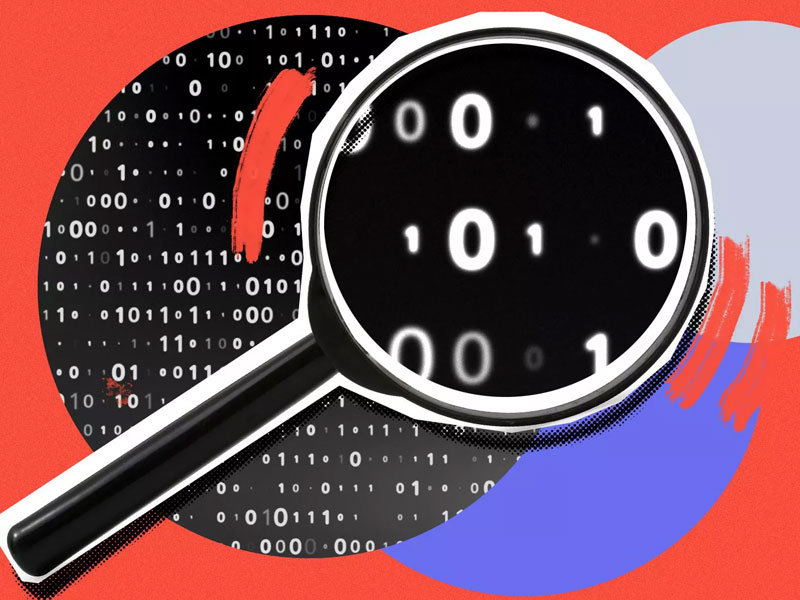Consumer Data Protection: Data Scientists And Data Security
SOURCE: WWW.DISCOVERDATASCIENCE.ORG/
AUG 14, 2023
Audits attempt to clean up AI bias
SOURCE: AXIOS.COM
OCT 16, 2021

Illustration: Annelise Capossela/Axios
AI algorithms employed in everything from hiring to lending to criminal justice have a persistent and often invisible problem with bias.
The big picture: One solution could be audits that aim to determine whether an algorithm is working as intended, whether it's disproportionately affecting different groups of people and, if there are problems, how they can be fixed.
How it works: Algorithmic audits — usually conducted by outside companies — involve examining an algorithm's code and the data used to train it, and assessing its potential impact on populations through interviews with stakeholders and those who might be affected by it.
Between the lines: Financial audits exist in part to open up the black box of a company's internal operations to outside investors, and ensure that a company remains in compliance with financial laws and regulations.
Details: Algorithmic audits can help companies screen their AI products for flaws that may not be apparent at first glance.
Yes, but: HireVue was criticized by some outside observers who accused the company of using the results of the audit as marketing material rather than an opportunity for fundamental change. (HireVue says it was transparent with the audit by making the full report public.)
"We have this incredible new vocabulary of fairness, new ways of thinking about it, that are simply not in the law."
— Liz O'Sullivan, Parity
LATEST NEWS
WHAT'S TRENDING


Data Science
5 Imaginative Data Science Projects That Can Make Your Portfolio Stand Out
OCT 05, 2022

SOURCE: WWW.DISCOVERDATASCIENCE.ORG/
AUG 14, 2023
SOURCE: MEDIUM.DATADRIVENINVESTOR.COM
OCT 05, 2022
SOURCE: VENTURESAFRICA.COM
OCT 05, 2022